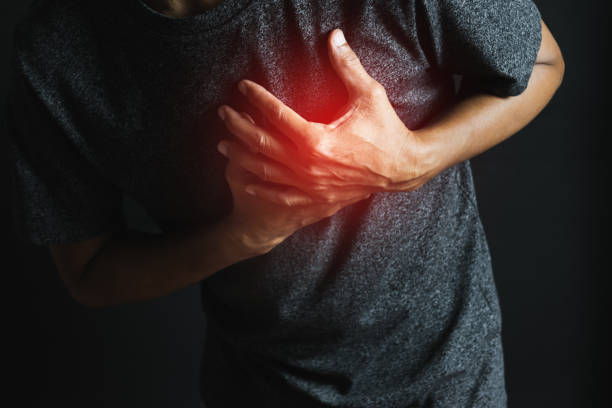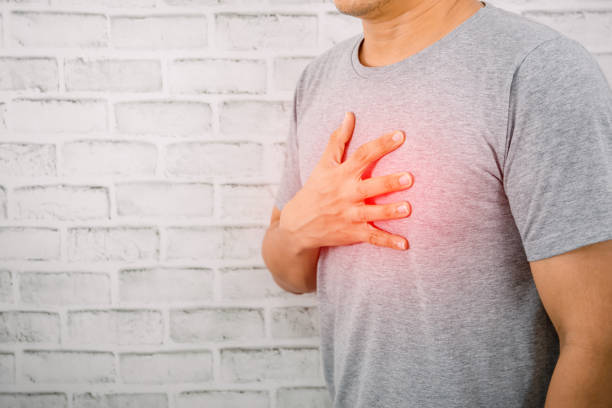Heart disease, also known as cardiovascular disease, refers to a range of conditions that affect the heart and blood vessels. It is one of the leading causes of death worldwide, but with proper treatment, it can be prevented or managed. Understanding the symptoms of heart disease and the available treatment options is crucial for maintaining a healthy heart.
Symptoms of Heart Disease The symptoms of heart disease vary depending on the type and severity of the condition. Some common symptoms include:
Chest pain or discomfort: This is one of the most well-known symptoms of heart disease and is often referred to as angina. Chest pain or discomfort may feel like pressure, fullness, burning, or squeezing in the chest.
Shortness of breath: This is a common symptom of heart disease and may occur during physical activity or even at rest.
Fatigue or weakness: People with heart disease may feel tired or weak, especially during physical activity.
Swelling in the legs, ankles, and feet: This is a sign of heart failure and may be caused by a build-up of fluid in the legs and feet.
Irregular heartbeat: A rapid or irregular heartbeat is a common symptom of heart disease and may be accompanied by dizziness or fainting.
Heart palpitations: Heart palpitations are the sensation of your heart beating too fast, too slow, or irregularly.
Numbness or tingling in the arms or legs: This can be a sign of circulation problems, which are common in people with heart disease.
Treatment for Heart Disease The treatment for heart disease depends on the type and severity of the condition. Here are some of the most common treatments:
Lifestyle changes: Making healthy lifestyle choices is the first step in managing heart disease. This includes eating a healthy diet, getting regular exercise, quitting smoking, and managing stress.
Medications: There are a number of medications that can be used to manage heart disease, including cholesterol-lowering drugs, blood pressure medications, and anti-clotting drugs.
Surgery: In some cases, surgery may be necessary to treat heart disease. This may include angioplasty to open clogged arteries, bypass surgery to create new pathways for blood to flow to the heart, or heart valve surgery to repair or replace damaged valves.
Devices: Devices such as pacemakers and implantable cardioverter defibrillators (ICDs) can be used to regulate the heartbeat and improve blood flow.
Rehabilitation: Physical therapy and rehabilitation can help people with heart disease recover from surgery or manage their symptoms.
In conclusion, heart disease is a serious condition that can have a significant impact on a person’s health and well-being. Understanding the symptoms of heart disease and the available treatment options is crucial for maintaining a healthy heart. By making lifestyle changes, taking medications as prescribed, and following the advice of a healthcare provider, people with heart disease can live a full and healthy life.

 Home
Home Health
Health Diet & Nutrition
Diet & Nutrition Living Well
Living Well More
More












